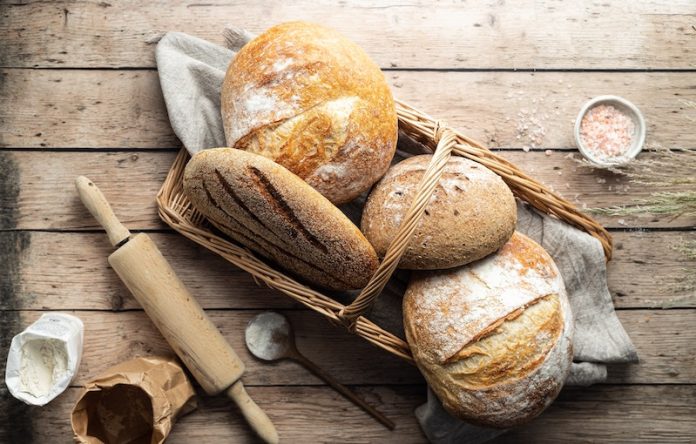
Let’s begin with a basic understanding of celiac disease.
It’s an autoimmune disorder where the ingestion of gluten leads to damage in the small intestine.
Gluten is a protein found in wheat, rye, and barley. When people with celiac disease eat gluten, their body mounts an immune response that attacks the small intestine.
Gluten-Free Diet: A Lifesaver for Celiac Disease
People with celiac disease need to adhere to a gluten-free diet to manage their symptoms and prevent further intestinal damage. But what exactly does a gluten-free diet involve?
What Does a Gluten-Free Diet Mean?
A gluten-free diet means avoiding all foods that contain gluten. This includes most types of bread, pasta, cereals, and many processed foods.
However, there are many gluten-free alternatives available, and plenty of foods are naturally gluten-free, like fruits, vegetables, meats, and dairy products.
Research Behind the Gluten-Free Diet and Celiac Disease
Several studies have investigated the effectiveness of a gluten-free diet in managing celiac disease.
One research study, published in the “American Journal of Gastroenterology” in 2013, followed over 1,000 patients with celiac disease who were on a gluten-free diet.
The study found that, over time, most patients experienced healing of their small intestine and a significant reduction in symptoms.
In another study from the “Journal of Pediatric Gastroenterology and Nutrition” in 2016, children with celiac disease who adopted a gluten-free diet were seen to have a significant improvement in growth and gastrointestinal symptoms within two years.
Maintaining a Gluten-Free Diet: Challenges and Tips
Maintaining a gluten-free diet requires a thorough knowledge of food ingredients and careful planning. Here are some tips:
- Read Food Labels: Always check food labels to see if a product contains gluten. Some products are clearly labeled as gluten-free.
- Eat Naturally Gluten-Free Foods: Many foods, such as fruits, vegetables, eggs, dairy, and meat, are naturally gluten-free.
- Be Aware of Cross-Contamination: Gluten can easily contaminate gluten-free foods during food preparation or cooking.
- Try Gluten-Free Grains: Grains such as quinoa, rice, and buckwheat are gluten-free and can be used as alternatives.
- Consult a Dietitian: A dietitian can provide guidance and help create a balanced, gluten-free diet plan.
Conclusion: Embracing the Gluten-Free Life
In conclusion, a gluten-free diet is crucial for managing celiac disease. Research studies have shown its effectiveness in reducing symptoms and promoting healing of the small intestine.
However, it can be challenging to maintain this diet. Hence, education, careful planning, and professional guidance can help make the transition smoother.
Remember, if you suspect that you have celiac disease, it’s important to get a medical diagnosis before starting a gluten-free diet.
Self-diagnosing and starting a gluten-free diet on your own can make it difficult to establish a definitive diagnosis, as it could interfere with testing for celiac disease.
Follow us on Twitter for more articles about this topic.
Copyright © 2023 Scientific Diet. All rights reserved.





